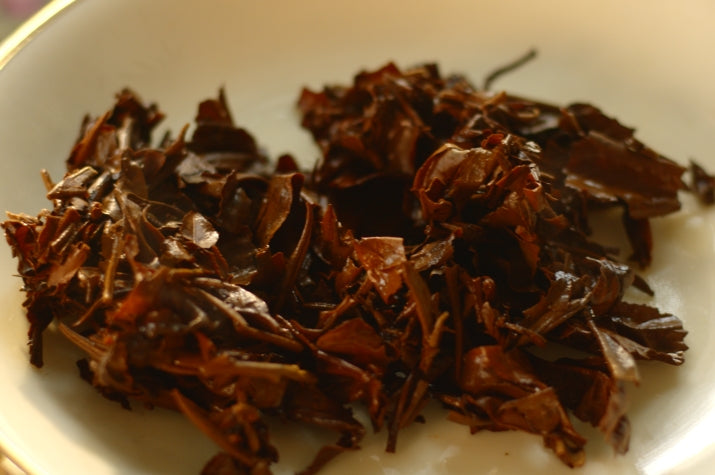GABA-enriched teas

Tea is one of the most popular beverages in the world. But do you know how many benefits are hidden in this aromatic drink? Today we will reveal one side of tea that not many people know about.
What is GABA?
GABA (gamma-aminobutyric acid) is an organic substance needed by the body for various metabolic processes. It is often called non-protein, because it is not involved in protein synthesis. GABA is the main inhibitory neurotransmitter of the human central nervous system (CNS), which, suppressing the activity of up to 40% of nerve cells, slows down the transmission of certain nerve impulses and blocks unnecessary information flows.
Today it is known that gamma-aminobutyric acid is not only found in the medulla: it is also present in the medulla of the adrenal glands, the walls of the uterus, spermatozoa, the retina of the eye, the anterior lobe of the pituitary gland, the lungs and the epithelium of the respiratory tract, in the tissues of the islets of Langerhans and insulin-producing beta cells of the pancreas.
GABA positive effects
The duration and strength of concentration, motor and emotional control depends on the production and presence of the appropriate amount of gamma-aminobutyric acid, as well as the sensitivity of GABA receptors. What effect does GABA have?
- Has a pronounced antidepressant effect – causes relaxation of the central nervous system in stressful situations, effectively reduces anxiety, helps with insomnia, increases the total time of the slow sleep phase.
- Restores long-term memory impairment.
- Improves cognitive functions of the brain in elderly and middle-aged people.
- Inhibits the degeneration of brain neurons caused by toxic, traumatic or ischemic damage.
- Provides neuroprotection during convulsive epileptic attacks.
- Prevents the onset of diabetic encephalopathy.
GABA-enriched teas
GABA tea, known for its health benefits and unique production, is gaining popularity among tea enthusiasts of selfcare. The magic of GABA tea lies in its unique fermentation process. Unlike traditional teas, GABA tea undergoes anaerobic fermentation. This means that the leaves are fermented in an oxygen-free environment. During this process, most of the glutamic acid in the leaves converts into GABA. Remarkably, the levels of catechins and caffeine remain unchanged.
The taste of GABA-enriched tea is warm, nutty and inviting. But in addition to taste, don't forget that it is also good for health:
- natural remedy for hypertension;
- mental calmness: GABA’s role in neurotransmitter processes may help relieve mental overstimulation;
- sleep support;
- concentration boost;
- muscle growth.
What are the types of GABA tea?
- Green GABA tea: derived from green tea leaves, green GABA tea is the most common type. Its nutty flavor and health benefits make it a favorite among tea enthusiasts.
- Oolong GABA tea: oolong tea leaves also undergo the GABA fermentation process. Oolong GABA tea strikes a balance between the freshness of green tea and the richness of black tea.
- Black GABA tea: in some regions, black tea leaves are used to create GABA tea. The result is a robust brew with a distinct character.
Delving deeper into GABA-Enriched Teas as neuro-nutraceuticals
While GABA tea boasts potential health benefits, there's more to explore beyond the basics. Here's a potential benefits for brain health:
- improved cognitive function: early research suggests GABA tea might enhance cognitive function in older adults. However, more robust studies are needed to solidify this claim.
- neuroprotection: GABA's role as an inhibitory neurotransmitter might contribute to neuroprotection. It could potentially help mitigate damage caused by toxins, strokes, or injuries (preliminary research only).
Conclusions
GABA tea's journey from a soothing beverage to a potential brain booster is intriguing. This unique tea, crafted through a special fermentation process, boasts increased levels of GABA, a crucial neurotransmitter.
While traditionally enjoyed for its calming effect and delightful taste, GABA tea's potential for brain health is truly exciting. Early research suggests it might improve memory, focus, and even offer some protection against brain damage.
Of course, further studies are needed to solidify these claims. However, GABA tea's emergence as a potential neuro-nutraceutical is a fascinating development in the world of tea and brain health. So, the next time you seek a tranquil cuppa, consider exploring the world of GABA tea – it might just be a delicious path to supporting your brainpower.